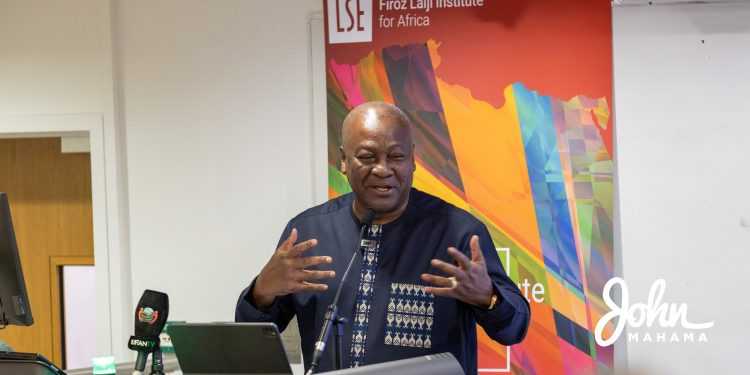adverts
The newly sworn-in Mahama administration is exploring options for additional financial support from the International Monetary Fund (IMF) to bolster the economy during its ongoing three-year program with the lender.
Finance Minister-designate Cassiel Ato Forson made the announcement Thursday, confirming the government’s intention to work closely with the IMF while seeking further financing through both domestic and international channels.
Forson, a chartered accountant with advanced degrees in taxation and finance, emphasised the government’s commitment to strengthening Ghana’s economy while ensuring sustainable funding.
adverts
“We are committed to working with the IMF, but we also want to ensure that we can raise additional financing—working with both the IMF and other domestic and international partners,” Forson stated ahead of a meeting with an IMF team visiting Accra.
While the IMF has not yet commented, Forson highlighted the inefficiencies in Ghana’s current fiscal strategies, particularly the reliance on Treasury bills. “The reliance on Treasury bills and others has not been very helpful,” he noted, referencing his previous tenure as deputy finance minister.
The Mahama administration, which returned to power after President John Mahama’s victory in December’s election, inherits an economy still recovering from the aftermath of a major debt crisis. Ghana defaulted on much of its external debt in 2022, prompting a challenging restructuring process now nearing completion.
Forson assured that the government would finalise debt talks with non-Eurobond commercial creditors to complete the restructuring phase.
In line with efforts to stabilise the economy, Forson announced plans for significant public spending cuts, focusing on curbing wastage in government spending to reduce inflation. “There is a lot of wastage in the system, and we will cut them,” Forson said.
He also revealed plans to restart domestic bond issuance by mid-year, with the goal of ensuring more sustainable financing for the country’s recovery.
Despite Mahama’s campaign promises to renegotiate the terms of Ghana’s IMF deal, experts believe the new government has limited flexibility to abandon the existing program.
Ato Forson echoed a pragmatic approach, acknowledging the balance required to meet both the IMF’s expectations and the country’s economic needs.
As part of his economic vision, Mahama has appointed a team of key ministers, including John Abdulai Jinapor as energy minister and Dominic Akuritinga Ayine as attorney general and justice minister. Ministerial nominees will need approval from Parliament, where the ruling National Democratic Congress (NDC) holds a two-thirds majority.
In addition to addressing the fiscal crisis, Forson stressed the need for a comprehensive overhaul of the cocoa sector, which has been struggling in recent years due to funding challenges, crop diseases, and declining production. “The whole sector needs an overhaul,” he stated, underscoring the government’s commitment to revitalising one of the country’s most important industries.


